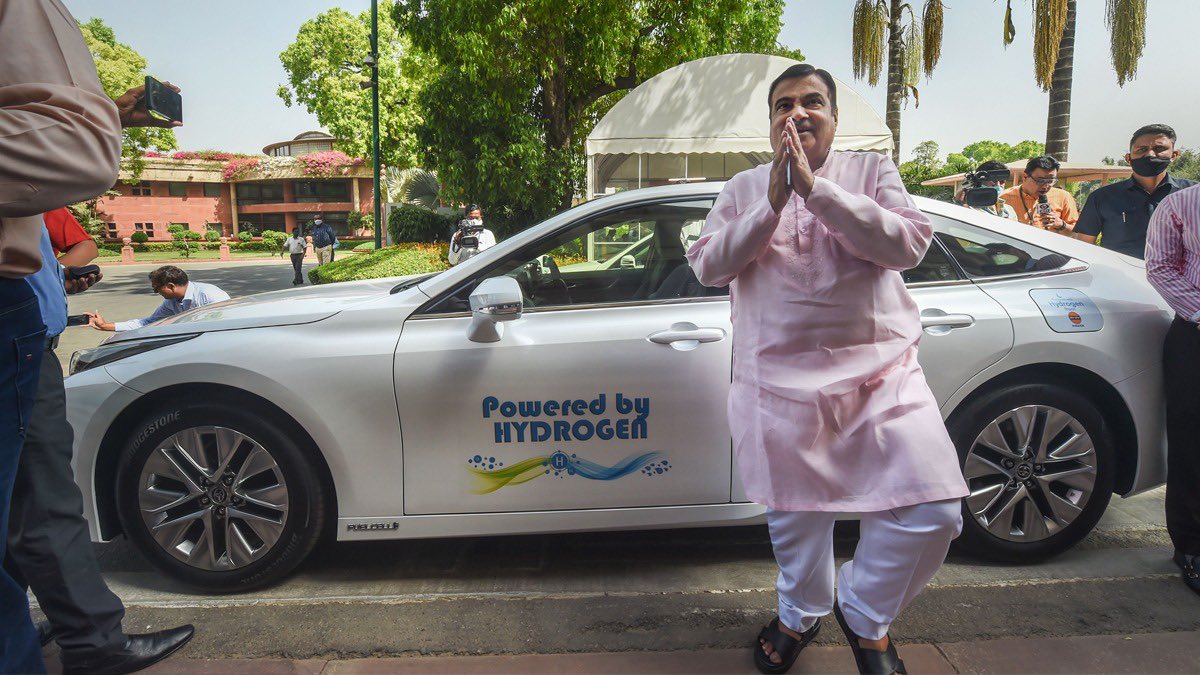In 2013, Just Dial had the chance to acquire Indian startups like Ola, Zomato, Paytm etc.
It could have become the biggest Indian company ever!
But they buried it, saying:
“We’d rather build than buy”
What happened next is the most painful lesson in Indian startup history🧵👇
It could have become the biggest Indian company ever!
But they buried it, saying:
“We’d rather build than buy”
What happened next is the most painful lesson in Indian startup history🧵👇

Long before you could google directions and contact details of any local business, there existed yellow pages
— a directory that listed businesses & services in a specific area, organised by category.
— a directory that listed businesses & services in a specific area, organised by category.

Basically, it enabled users to find contact information like phone numbers and addresses for various services, such as plumbers or restaurants.
But the yellow pages had its drawbacks.
The system could not efficiently solve the problem at a large scale.
But the yellow pages had its drawbacks.
The system could not efficiently solve the problem at a large scale.
So in 1995, Elon Musk, along with his brother Kimbal, founded his 1st startup
— Zip2
Which was a digital take on the Yellow Pages, connecting users with local businesses.
— Zip2
Which was a digital take on the Yellow Pages, connecting users with local businesses.
Meanwhile, ~13,600 kms away in Mumbai, VSS Mani was building a similar platform for India, but with an Indian twist.
At that time, the internet was still a novelty in India, primarily accessible in only major cities like Mumbai, Delhi, Kolkata, & Chennai.
At that time, the internet was still a novelty in India, primarily accessible in only major cities like Mumbai, Delhi, Kolkata, & Chennai.
The service was pricey too — around ₹25,000 for 250 hours — making it a luxury that only few could afford.
So what did Mani do?
So what did Mani do?
Instead of waiting for the internet boom in India, he thought of replacing the yellow pages with a database of information that could be accessed via telephone.
That’s how, in 1996, India virtually got its first major product company
— JustDial!
Their mission was simple
— To provide fast, reliable, and comprehensive info to help users find local businesses–all via telephone!
— JustDial!
Their mission was simple
— To provide fast, reliable, and comprehensive info to help users find local businesses–all via telephone!

But this sounds simpler than it actually was.
Before JustDial, no one had created such an extensive database in India.
So, instead of cutting corners, Mani assembled a dedicated team that would go door-to-door to gather information.
Before JustDial, no one had created such an extensive database in India.
So, instead of cutting corners, Mani assembled a dedicated team that would go door-to-door to gather information.
The task was time-consuming & labour-intensive, but the process finally paid off
— JustDial managed to create the biggest database of all its competitors at that time.
But having a great product is pointless if no one knows about it.
— JustDial managed to create the biggest database of all its competitors at that time.
But having a great product is pointless if no one knows about it.
JustDial faced the exact problem.
Initially, their contact no. was complex and different for different cities.
Securing a single, unified phone no. for an entire state or country required navigating complex telecommunications regulations and approvals from govt bodies.
Initially, their contact no. was complex and different for different cities.
Securing a single, unified phone no. for an entire state or country required navigating complex telecommunications regulations and approvals from govt bodies.
After relentless efforts, they finally secured a unified phone number +91 8888888888
Which took their brand recognition and recallability to the next level.
They were solving such a big problem so efficiently that it took JustDial only a few years to go from a noun to a verb.
Which took their brand recognition and recallability to the next level.
They were solving such a big problem so efficiently that it took JustDial only a few years to go from a noun to a verb.
Looking for good restaurants? – JustDial!
Need plumber at odd hours? – JustDial!
Want to check nearby theatres? – JustDial!
Need plumber at odd hours? – JustDial!
Want to check nearby theatres? – JustDial!
With their first mover advantage, JustDial quickly became one of India's most valuable product companies at that time.
At its peak in 2014, JustDial was valued at approximately $1.8 billion – $200 million more than Flipkart, which was its direct competitor.
At its peak in 2014, JustDial was valued at approximately $1.8 billion – $200 million more than Flipkart, which was its direct competitor.
But over time, as competition intensified and consumer demands evolved, JustDial’s greatest strength turned into its biggest weakness.
First, when most of the local businesses & services got listed on a more reliable platform – Google, JustDial’s popularity began to wane.
First, when most of the local businesses & services got listed on a more reliable platform – Google, JustDial’s popularity began to wane.
Now, the internet accessibility, on which JustDial literally built their entire business, was not a problem.
Moreover, JustDial worked on a very generic service model.
They tried to cater to everyone instead of becoming “everything to someone”.
Moreover, JustDial worked on a very generic service model.
They tried to cater to everyone instead of becoming “everything to someone”.
And as India’s disposable income increased, consumers began favouring specialisation over generalisation.
JustDial’s broad local search model lacked focus, making it less appealing compared to niche players like Zomato for food delivery or UrbanClap for home services.
JustDial’s broad local search model lacked focus, making it less appealing compared to niche players like Zomato for food delivery or UrbanClap for home services.
Instead of buying a stake in all these budding businesses, JustDial let them become their competitors, only to lose to them in a few years time.
In July 2021, approx. 67% of the company was acquired by Reliance Industries for ~₹3,500 crores.
In July 2021, approx. 67% of the company was acquired by Reliance Industries for ~₹3,500 crores.
The acquisition gave some hope for the company’s revival, but the valuation and brand recognition hasn’t seen much improvement.
Even their newly launched services — Search Plus and JD Omni — turned out to be a mediocre attempt to innovate & evolve.
Even their newly launched services — Search Plus and JD Omni — turned out to be a mediocre attempt to innovate & evolve.
With evolving tech & consumer preferences, JustDial failed to carve out its own niche, which made them irrelevant overtime.
Today, its valuation has dropped down to just ~$1 bn compared to Flipkart’s ~$40 bn.
Today, its valuation has dropped down to just ~$1 bn compared to Flipkart’s ~$40 bn.
The company is still considered a massive success given what they achieved before specialisation took over.
Competing with Silicon Valley companies at one time, JustDial is one of the biggest success stories of India.
But it’s a classic case of “what could have been”.
Competing with Silicon Valley companies at one time, JustDial is one of the biggest success stories of India.
But it’s a classic case of “what could have been”.
If you liked this read, do RePost🔄the 1st tweet
and follow us @FinFloww for such reads every Monday, Wednesday and Friday!
and follow us @FinFloww for such reads every Monday, Wednesday and Friday!
Join the 37345 members who read our WhatsApp Newsletter daily: whatsapp.com/channel/0029Va…
Subscribe to WHAT THE FLOWW?, our weekly email newsletter where we dive deeper into such concepts: FinFloww.bio.link
• • •
Missing some Tweet in this thread? You can try to
force a refresh
















